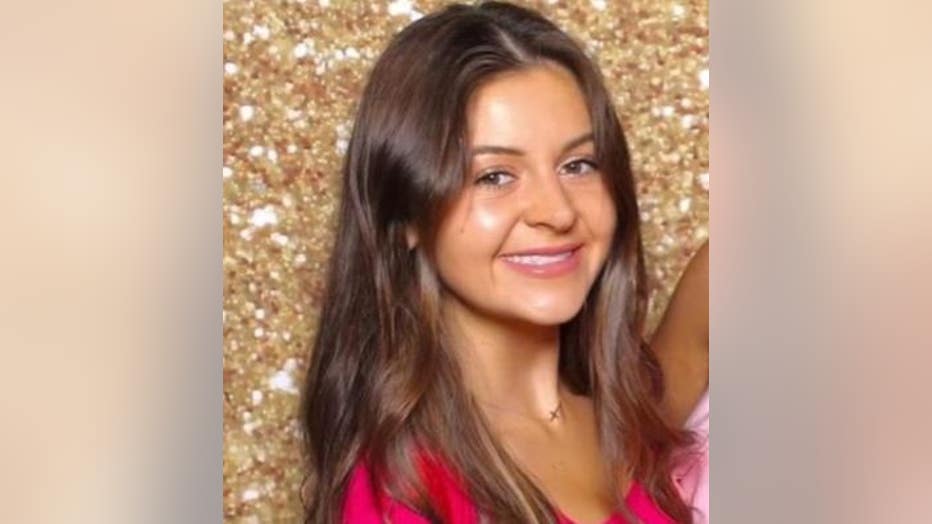Laken Riley, UGA campus death: Jose Ibarra asks for trial by jury | What would that look like?

Jose Ibarra requests trial in UGA campus death
Attorneys for Jose Ibarra, the accused killer of nursing student Laken Riley have requested a trial by jury. Here's what that would look like.
ATHENS, Ga. - Attorneys for Jose Antonio Ibarra, the accused killer of Augusta University nursing student Laken Hope Riley, have requested a jury trial. FOX 5 spoke with legal experts who explained the likelihood Ibarra will actually get it, and what a murder trial might look like for him.
In a motion filed Friday, Ibarra's attorneys confirmed he would not waive his rights, which includes a trial by jury. They're demanding the prosecution show evidence they have in his case.
Ibarra was arrested on Feb. 23 in connection to the death of 22-year-old nursing student Laken Riley. She went for a run on UGA's campus, but never made it back home. Now, Ibarra is facing several charges, including malice murder.

Laken Riley
"It's a forceful assertion of, 'I'm gonna make the state prove everything, dot every I, cross every T.' Not surprising to see a defense case start out with that very strong assertion," Emory Law Professor Kay Levine told FOX 5.
Levine is not connected to the Athens-Clarke County case, but she was able to give insight on what could occur. She told FOX 5 that defendants have options if they choose not to take a plea, a jury trial or a bench trial run by the judge.
"When you have a jury trial, it's twelve people. They have to reach a unanimous verdict, so that means all twelve of them have to agree that the prosecution has succeeded in hitting its burden of proof on every element of every crime in the indictment," Levine explained. "If you get one juror who does not agree, or two jurors who don't agree, we call that that's a hung jury."
"The benefit of a jury trial in a case like this, it would be to keep gruesome crime scene photos away from the jury. The prosecution uses it to its advantage. You're sort of drawing on this well of emotion. Judges are less likely to respond in that emotional way because, again, they're professionals. They've seen a lot of these cases." Levine added.

Trump discusses meeting Laken Riley's family
Former President Donald Trump says that he met with the family and roommate of Laken Riley, the nursing student killed on the campus of the University of Georgia, before his rally in Georgia.
However, Levine also explained a lot can happen after an initial motion for a jury trial. Ibarra could potentially choose another option.
"It's not at all surprising when cases that start out very forceful, then behind the scenes calls as the defense gets a better, read on the prosecution's case and the defendant gets a clearer picture of what might happen following conviction at trial, as opposed to conviction by plea that people re-evaluate," Levine said. "We see that happen in cases all the time."
Levine said in cases of this magnitude, it would take a year, if not longer, to make its way through the system.
FOX 5 will report on the latest as developments come.

